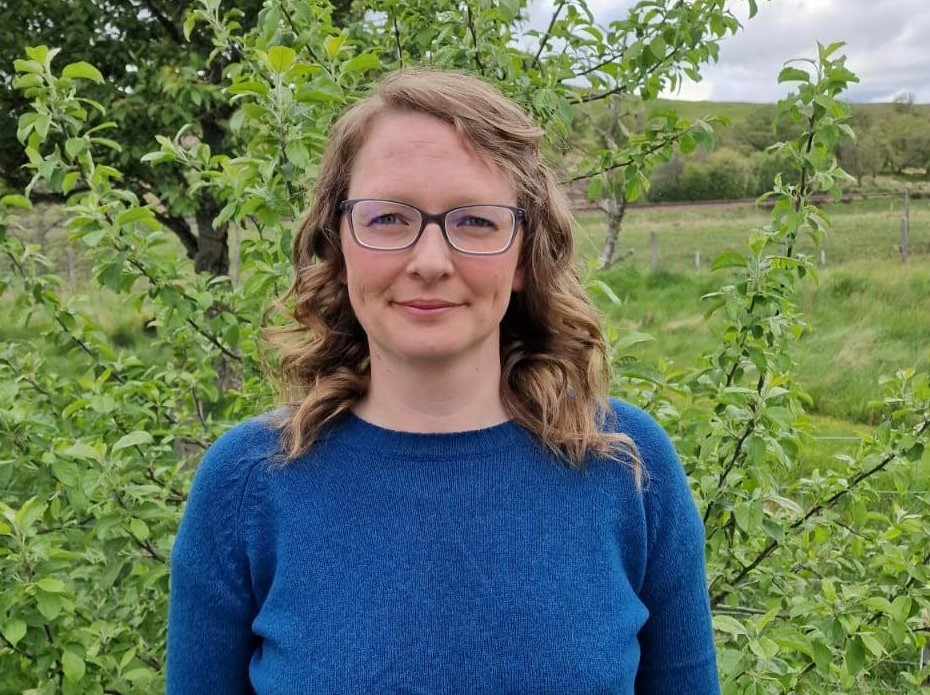“Innovative brash management to enhance water quality following peatland restoration and forestry operations”
Anna McWilliam’s Hydro Nation funded PhD research at the Environmental Research Institute, North Highland College, University of the Highlands and Islands focuses on innovative brash management to enhance water quality following peatland restoration and forestry operations.
Brash, the branches and crown wood that is left after the tree stem has been harvested, is a low value material. Extra costs are often incurred to remove it, particularly from remote peaty sites, meaning this is not economically favourable. Experimental work has shown decomposing brash to be a direct source of nutrients to surface waters, while its removal can significantly reduce nutrient loads.
However, the presence or absence of brash on restoration sites can bring about different water chemistry changes immediately following restoration and the precise mechanisms involved are not clear (e.g., nutrient release from brash, needles or rewetted peat). Thus, there is a need to understand how the presence or absence of brash affects the medium to longer-term recovery of water quality at restoration sites, which can inform future peatland restoration practice, as well as forestry practice more broadly.
Additionally, brash (as a lignocellulose biomass) can be converted to biochar through pyrolysis (high temperature, low oxygen decomposition). Biochar derived from lignocellulose materials has been effectively used for many purposes, including water treatment. There is the potential to create an added-value product marketable for water treatment, which could offset some of the cost of brash removal in restoration. The biochar would first be used in laboratory studies to investigate its potential in water treatment (i.e., nutrient removal). Following this, field experiments to explore the efficiency of removal of target pollutants (such as phosphate/ammonium/nitrate/TOC, etc.), which can become elevated in streams draining restoration and felled areas, will be undertaken.
From this research, Anna’s project will produce guidance to help the forestry industry enhance water quality following peatland restoration and forestry operations, assisting Scotland to become the world’s first Hydro Nation.
Dr Nadeem Shah
nadeem.shah@forestresearch.gov.uk

Environmental Research Institute
Castle Street
Thurso
Caithness
Scotland
KW14 7JD